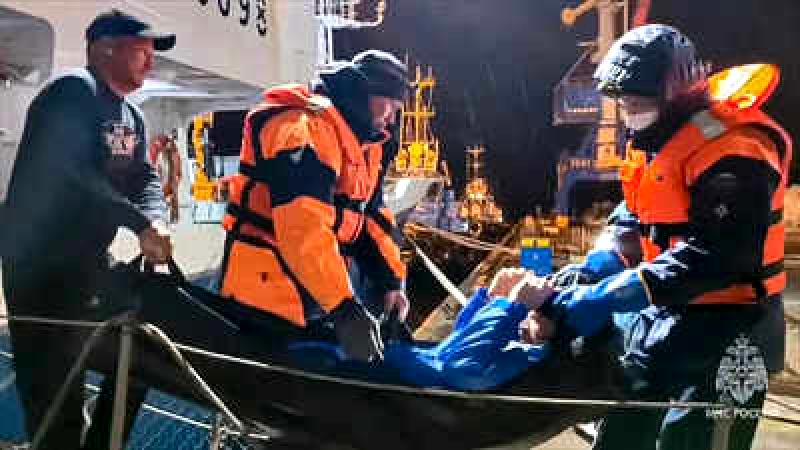
Currently working on her Hindi debut, which is based on the story of freedom fighter Neera Arya, actor-turned-director Roopa Iyer appears to have a deep personal connection to the project. The narrative of Neera required extensive research, and the challenges of casting and collaborating with a male-dominated team that may not readily accept a woman director's instructions added a layer of complexity to Roopa's filmmaking journey. Despite facing hurdles due to her gender, Roopa embraced the learning experiences that came her way while working on this film.
In a discussion, Roopa emphasizes the importance of sharing Neera's inspiring story. Neera was a member of the Jhansi regiment in the Indian National Army led by Subhas Chandra Bose. Recognizing the strength and bravery of every woman in the regiment, Netaji, as Bose was popularly known, referred to them as "Rani." These women exemplified leadership and courage, sacrificing personal and societal obligations to serve their country. Roopa was drawn to Neera's narrative because of her remarkable dedication, including the extreme lengths she went to in order to protect Netaji. While the story is fictionalized to some extent, Roopa takes creative liberties as a filmmaker to bring it to life.
The process of casting for the film was particularly challenging for Roopa, especially as a filmmaker hailing from the southern region. Despite repeated attempts to contact potential actors, many did not respond to her messages. Assistance from a senior journalist in Mumbai proved essential in connecting Roopa with suitable candidates for the roles, with the portrayal of Neera's husband being among the most challenging to cast.He is portraying a villainous character in the film, and I am pleased to have Priyanshu Chatterjee onboard for this role. After auditioning many candidates for Netaji’s role, we ultimately selected Shreyas Talpade, who we felt resembles Netaji. Suresh Oberoi plays the role of Neera’s father in the film.
The decision to make this film in Hindi was driven by its patriotic theme, which holds national relevance. It tells the inspiring story of a woman who overcame great challenges and lived to share her tale. This story is one that should be heard by all, which is why I opted for Hindi as the language. Although I am proficient in Hindi due to my studies, there are moments of hesitation when searching for the right words, as we do not speak it frequently.
It is disheartening to observe a lack of professionalism among many individuals working in various departments of the Kannada film industry. While Kannada films are gaining recognition nationally, there is a need for improved professionalism at the grassroots level. Many artists and technicians in areas like makeup, costumes, art, and lighting lack proper training, leading to inefficiencies on set and increased production costs. The film chamber and department heads must ensure that individuals sent to sets are adequately trained for their roles. Just as a police officer requires training before field duty, the same standard should apply here. Instead, unqualified individuals, often based on nepotism, are entrusted with key roles, resulting in wasted time and resources. Embracing technological advancements should ideally reduce filmmaking costs, but outdated practices hinder progress and future growth in the industry.Progress is being hindered due to workers' lackadaisical approach to their tasks. In my role as a director, I strive to provide support to industry colleagues, but dealing with their complacency can be an exasperating challenge.











